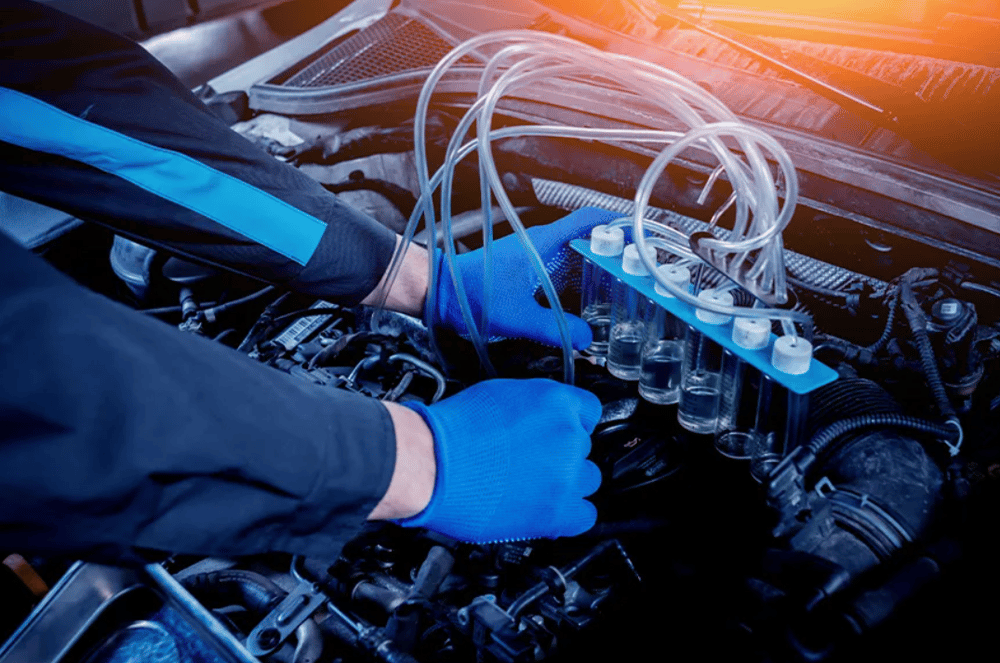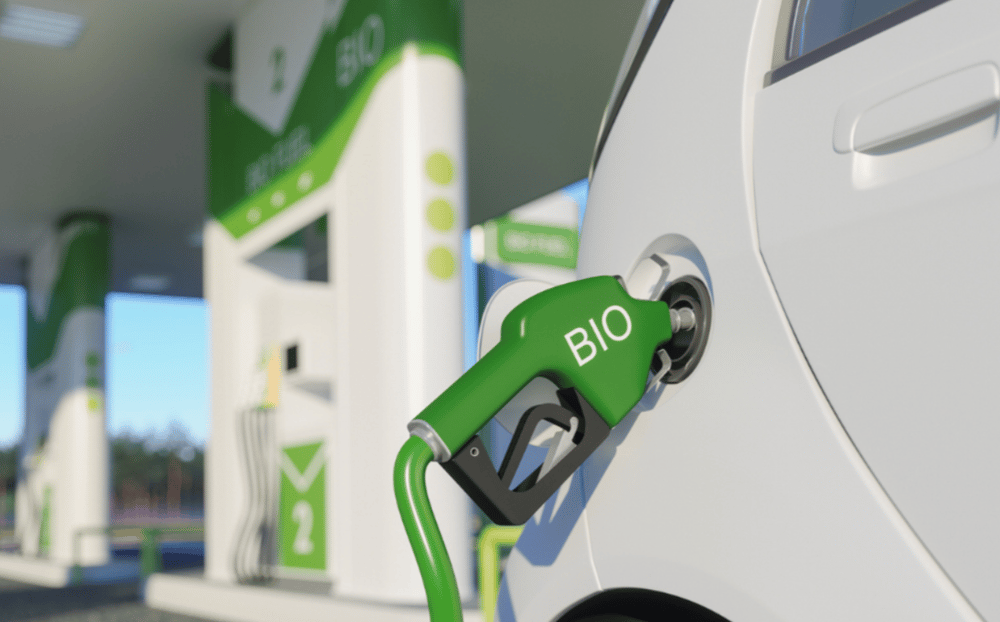Aircela Unveils Synthetic Gasoline Unit in New York: A Disruptive Shift in Clean Fuel Technology
New York-based fuel technology company Aircela has revealed a breakthrough in sustainable energy production with the public demonstration of a compact machine that synthesizes gasoline directly from ambient air. Presented in Manhattan before a diverse audience of government officials, investors, and energy specialists, the innovation signals a significant advancement in direct air capture (DAC) and synthetic fuel integration — technologies increasingly viewed as critical to decarbonizing global energy systems.
Technology, Implications, and Market Disruption
Aircela's prototype, comparable in size to a household refrigerator, merges direct air capture with on-site fuel synthesis, producing gasoline that is chemically identical to petroleum-based fuels but without fossil inputs. This clean fuel is fully compatible with current internal combustion engines and infrastructure, effectively offering a drop-in solution without requiring retrofits or distribution overhauls.
The process addresses two pressing concerns in energy transition: carbon neutrality and energy system compatibility. Unlike battery electrification or hydrogen, which necessitate extensive infrastructure transformation, synthetic fuels produced from air and renewable energy can leverage existing pipelines, storage facilities, and vehicles.

Key Facts
Aircela demonstrated its DAC-to-gasoline unit publicly for the first time in Manhattan
The machine captures CO₂ from air and converts it into synthetic gasoline using renewable energy
Resulting fuel is compatible with conventional engines and fuel distribution systems
No fossil-derived hydrocarbons are used in the process
The unit's compact size makes it suitable for decentralized fuel production
Extended Analysis: Policy Signals and Stakeholder Responses
The demonstration attracted significant attention from municipal leaders, state energy officials, and venture capitalists, underscoring growing interest in climate-aligned technologies that are immediately scalable. Investors were particularly drawn to the machine's modularity, which could allow distributed fuel production in urban, remote, or island environments where energy security and supply logistics are challenging.
From a policy standpoint, Aircela’s approach aligns with emerging U.S. and EU strategies incentivizing carbon removal and renewable synthetic fuels under frameworks such as the U.S. Inflation Reduction Act (IRA) and the EU’s Renewable Energy Directive. With transportation responsible for over 20% of global CO₂ emissions, scalable alternatives to fossil-based gasoline could be pivotal in meeting national climate targets.

Key Market and Policy Takeaways
Synthetic gasoline offers a near-term decarbonization option without requiring new infrastructure
Aircela’s unit could reduce logistical bottlenecks in fuel supply chains, especially in remote locations
Strong alignment with emerging regulatory incentives for carbon-negative technologies
Opens new investment avenues in decentralized energy manufacturing
Highlights competition between synthetic fuels, hydrogen, and electrification for transport decarbonization
Broader Impact and Strategic Significance
Aircela’s gasoline-from-air innovation marks a tangible step forward in carbon-neutral fuel deployment. By eliminating dependence on fossil feedstocks while maintaining full compatibility with existing infrastructure, this technology could serve as a critical bridge solution in the clean energy transition. As climate policies tighten and demand for low-carbon alternatives accelerates, synthetic fuels—particularly those derived from DAC—may command increasing attention from both policymakers and capital markets.















Comments